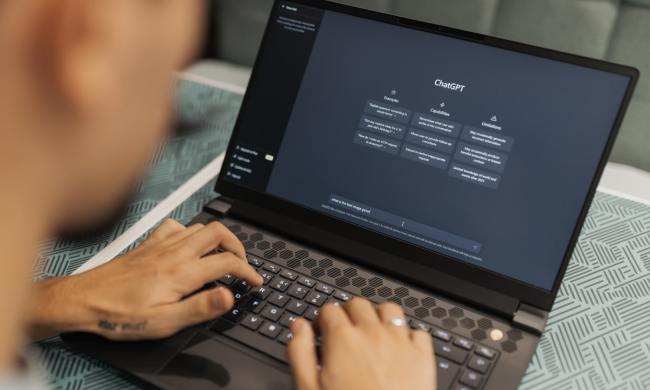The days of Google’s undisputed internet search dominance may be coming to an end. The rise of generative AI has ushered in a new means of finding information on the web, with ChatGPT and Perplexity AI leading the way.
Unlike traditional Google searches, these platforms scour the internet for information regarding your query, then synthesize an answer using a conversational tone rather than returning a list of websites where the information can be found. This approach has proven popular with users, even though it’s raised some serious concerns with the content creators that these platforms scrape for their data. But which is best for you to actually use? Let’s dig into how these two AI tools differ, and which will be the most helpful for your prompts.
Pricing and tiers
Perplexity is available at two price points: free and Pro. The free tier is available to everybody and offers unlimited “Quick” searches, 3 “Pro” searches per day, and access to the standard Perplexity AI model. The Pro plan, which costs $20/month, grants you unlimited Quick searches, 300 Pro searches per day, your choice of AI model (GPT-4o, Claude-3, or LLama 3.1), the ability to upload and analyze unlimited files as well as visualize answers using Playground AI, DALL-E, and SDXL.
OpenAI is structured much the same way. Anyone can sign up for a free account that grants access to GPT-4o-mini, as well as limited access to the larger GPT-4o model, data analysis, file uploads, vision, web browsing, and image generation.
The $20/month Plus tier, conversely, offers everything that the free tier does, but in greater quantities. You get five times more messages with GPT-4o, access to the o1 model family, full use of the platform’s data analysis, file uploads, vision, web browsing, and image generation features, as well as use of Advanced Voice Mode and OpenAI’s answer to Perplexity, ChatGPT Search.
The new $200/month Pro plan simply provides unlimited priority access to all of those features and models.
Advantages of using ChatGPT

Even if you aren’t a Plus subscriber with access to ChatGPT Search proper, the chatbot platform still has access to the internet and can provide you with up-to-date information. Just as ChatGPT’s Dall-E integration eliminated the need for an external image generator, Search is designed to eliminate the need for an external search engine by blending “the benefits of a natural language interface with the value of up-to-date sports scores, news, and stock quotes,” according to the company.
What’s more, the amount you can do with the information retrieved in ChatGPT is far greater than with Perplexity. With ChatGPT you can analyze, summarize, modify, and edit that content, as well as ask the AI follow-up questions.
Advantages of using Perplexity
While ChatGPT excels at creative tasks, Perplexity is purpose built for the sole task of information retrieval. As such, its responses tend to be more accurate, with more transparent citations to more sources than ChatGPT, and it responds faster. The so-called “answer engine” excels at research tasks, such as summarizing white papers or industry studies, and allows users to enact specific filters in their search criteria, like only pulling information from academic, video sharing, or social media sources.
As with ChatGPT, Perplexity also allows its users to ask follow-up questions about a query, even enabling its AI to recall relevant snippets from earlier conversations.
Which is more accurate?

While Perplexity AI is not entirely free of suffering hallucination and misattribution errors, it has proven itself to be a far more accurate source of information than ChatGPT Search, despite the company’s questionable data acquisition practices. In fact a recent study from Columbia’s Tow Center for Digital Journalism found that ChatGPT Search struggles mightily in returning factually accurate information to its users.
“From each publisher [of a pool of 20], we selected 10 articles and extracted specific quotes,” the researchers wrote. “These quotes were chosen because, when entered into search engines like Google or Bing, they reliably returned the source article among the top three results. We then evaluated whether ChatGPT’s new search tool accurately identified the original source for each quote.”
Of the 200 total selected articles, “ChatGPT returned partially or entirely incorrect responses on a hundred and fifty-three occasions, though it only acknowledged an inability to accurately respond to a query seven times,” the study found. “Only in those seven outputs did the chatbot use qualifying words and phrases like ‘appears,’ ‘it’s possible,’ or ‘might,’ or statements like ‘I couldn’t locate the exact article.’”
In its defense, OpenAI accused the Columbia researchers of performing their study incorrectly and withholding data. As it is with all models, certain tasks are better suited for certain models, but it varies widely by the specifics of the prompt.




